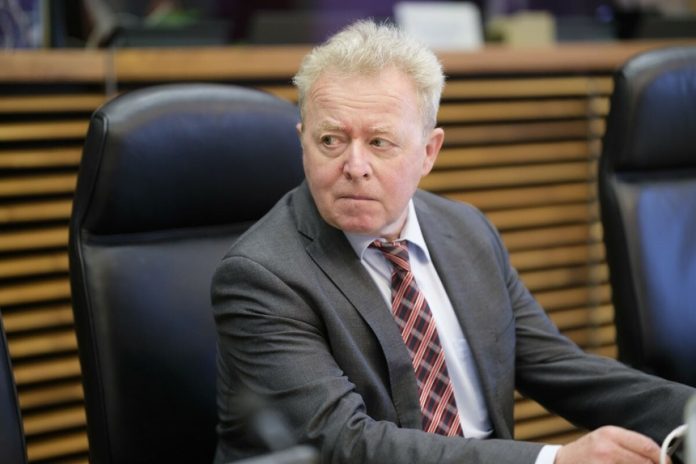EU Agriculture Commissioner Janusz Wojciechowski said recent farmer protests had helped ensure a quick response to their concerns about the Common Agricultural Policy (CAP), Euractiv reported.
The final stages of negotiations and the entry into force of a greener CAP reform set the stage for the current EU legislature, but is ending with farmers protesting across Europe and questioning its green rules.
“I am grateful to the farmers for those protests. They helped us to react quickly enough to the sector’s problems,” Wojciechowski said in an exclusive interview with Euractiv.
European Union institutions have responded to the demonstrations with a package of measures relaxing environmental requirements for farmers to access CAP aid and giving member states more flexibility in implementing the policy.
The farmers’ protests were a positive impetus for the European Commission to change its approach to agriculture, according to him; the agricultural policy should be guided by the “4S” rule, which includes security, stability, sustainability and solidarity of the food sector.
CAP’s budget, in turn, must grow to ensure food production: “Our budget is far too small at the moment,” he said. Wojciechowski added to secure the farms’ stability, “We need at least a 50 per cent increase of the budget and a 500 per cent increase of the [€450 million annual] crisis reserve.”
According to Wojciechowski, one of the most notable changes was a modification of the fallow land rule: farmers will no longer have to maintain a minimum proportion of unproductive land. Instead, they can do so under an incentive-based aid system called an ecoscheme.
According to Wojciechowski, the Green Deal was not a mistake, but a significant part of the CAP green component was impossible for farmers to implement. He said: “My message to my successor is that to achieve ambitious goals, the focus should be on incentives, not obligations. If we want to make agriculture greener, we should provide farmers with help.”
In spite of tensions with the current Polish Prime Minister Donald Tusk, he rejected the criticism, reiterating his role in pushing for the CAP revision package and guaranteeing EU farmers with trade benefits for Ukraine, a highly sensitive issue in Poland as Kyiv’s accession would challenge the bloc’s market, given its huge agricultural potential, and the first country to suffer would be Poland.
Consequently, Commission President Ursula von der Leyen also officially reprimanded him for publicly expressing his disagreement on the Ukrainian issue. He called for lengthy transition periods and security mechanisms to prevent the EU market from being destabilised by an influx of Ukrainian goods, adding that the country can only join the common market when the conditions are right.
